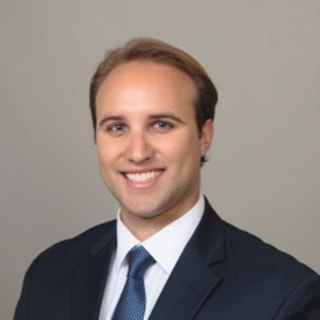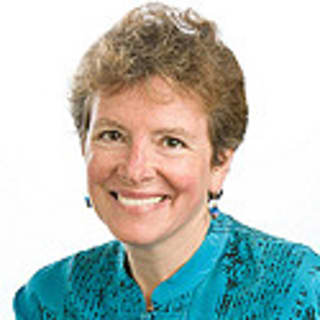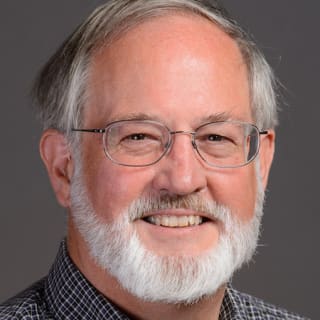
Randolph M Nesse MD
Professor of Life Sciences Founding Director, Center for Evolution and Medicine Arizona State University
Join to View Full Profile
4250 Plymouth RdAnn Arbor, MI 48109
Dr. Nesse is on Doximity
As a Doximity member you'll join over two million verified healthcare professionals in a private, secure network.
- Gain access to free telehealth tools, such as our “call shielding” and one-way patient texting.
- Connect with colleagues in the same hospital or clinic.
- Read the latest clinical news, personalized to your specialty.
Summary
- After three decades developing the field of evolutionary medicine, my mission now is to establish evolutionary biology as a basic science for psychiatry. To see what is going on in this growing field, visit my webpage at https://RandolphNesse.com My book on evolutionary psychiatry, "Good Reasons for Bad Feelings" was published on Darwin’s birthday in 2019 and my comprehensive 2023 review of evolutionary psychiatry was recently published in World Psychiatry at https://onlinelibrary.wiley.com/toc/20515545/2023/22/2
Education & Training
 University of MichiganResidency, Psychiatry, 1974 - 1977
University of MichiganResidency, Psychiatry, 1974 - 1977 University of Michigan Medical SchoolClass of 1974
University of Michigan Medical SchoolClass of 1974 Carleton CollegeB.A., Cum Laude, 1966 - 1970
Carleton CollegeB.A., Cum Laude, 1966 - 1970 Carleton CollegeBA, Social psychology, Cum laude, 1966 - 1970
Carleton CollegeBA, Social psychology, Cum laude, 1966 - 1970
Certifications & Licensure
 MI State Medical License 1977 - 2022
MI State Medical License 1977 - 2022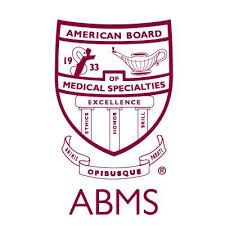 American Board of Psychiatry and Neurology Psychiatry
American Board of Psychiatry and Neurology Psychiatry
Awards, Honors, & Recognition
- Elected Fellow AAAS, 2017
- Distinguished Life Fellow American Psychiatric Association, 2014
- Arizona Foundation Professor 2014
- Join now to see all
Publications & Presentations
PubMed
- Meeting report: an interdisciplinary approach to addressing anxiety in undergraduate active learning biology courses.Katelyn M Cooper, Sara E Brownell, Elisabeth E Schussler, Virginia R Downing, Logan E Gin
Advances in Physiology Education. 2025-06-01 - Tacit Creationism Encourages Oversimplified Views of Functions and Dysfunctions.Dan J Stein, Randolph M Nesse
The European Journal of Neuroscience. 2025-03-01 - 26 citationsEvolutionary psychiatry: foundations, progress and challenges.Randolph M Nesse
World Psychiatry. 2023-06-01
Journal Articles
- The differential influence of life stress on individual symptoms of depression in a longitudinal study of medical residentsFried, E. I., Nesse, R. M., Guille, C., & Sen, S., Acta Psychiatrica Scandinavica, 1/1/2015
- Evolutionary Biology in Medical Education: Survey of North American Medical SchoolsHideka, BH, Asghar A, Nesse RM, Bennett KJ, Beyrouty MW Skursky NK, Schwartz MD, BMC Medical Education, 1/1/2015
- Depression is not a consistent syndrome: An investigation of unique symptom patterns in the STAR* D studyFried EI & Nesse RM, Journal of Affective Disorders, 1/1/2015
- Join now to see all
Books/Book Chapters
Abstracts/Posters
- The Case for Revising the Medical School Curriculum to Include Topics in Evolution and “Evolutionary Thinking.”Omenn, G, Nesse RM, Schwartz, Institute of Medicine Planning Meeting on Evolution in the Medical School Curriculum, National Academy, Washington, DC, 1/12/2010
Lectures
- Evolution and Medicine: The Great Opportunity.Durham, NC - 1/28/2014
- Pathogens Interacting with Humans.CDC, Atlanta, GA - 1/11/2014
- Evolution and internal medicine.San Diego, CA - 1/1/2014
- Join now to see all
Other
- What evolutionary biology offers public health.Nesse RM, Bulletin of the World Health Organization
1/1/2008 - Twelve crucial points about emotions.Nesse, RM, Psychology Review (magazine)
1/1/2005 - Evolution and Medicine: How New Applications Advance Research and PracticeRandolph M. Nesse, Henry Stewart Talks Series
http://hstalks.com
Authored Content
- Why aren't we Happier?June 2019
Press Mentions
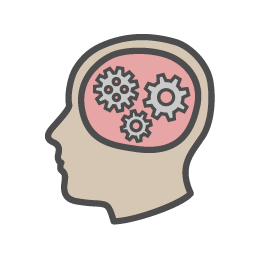 Did Your Brain Evolve to Be Depressed?February 9th, 2021
Did Your Brain Evolve to Be Depressed?February 9th, 2021 Evolutionary Theory Might Explain…a Deadly DiseaseApril 9th, 2020
Evolutionary Theory Might Explain…a Deadly DiseaseApril 9th, 2020 Can Psychiatry Heal Itself?July 24th, 2019
Can Psychiatry Heal Itself?July 24th, 2019- Join now to see all
Grant Support
- Blocked Opportunities Persistence And MoodNational Institute Of Mental Health1998–2002
- Questions About Bereavement: Answers From The CLOC StudyNational Institute On Aging2000–2001
Professional Memberships
- Fellow
- International Society for Evolution, Medicine, and Public HealthPresident
External Links
- Randolph Nessehttp://randolphnesse.com
- ISEMPHhttp://isemph.org
- EvMed@ASUhttp://EvMed.asu.edu
Viewing the full profile is available to verified healthcare professionals only.
Find your profile and take control of your online presence:


